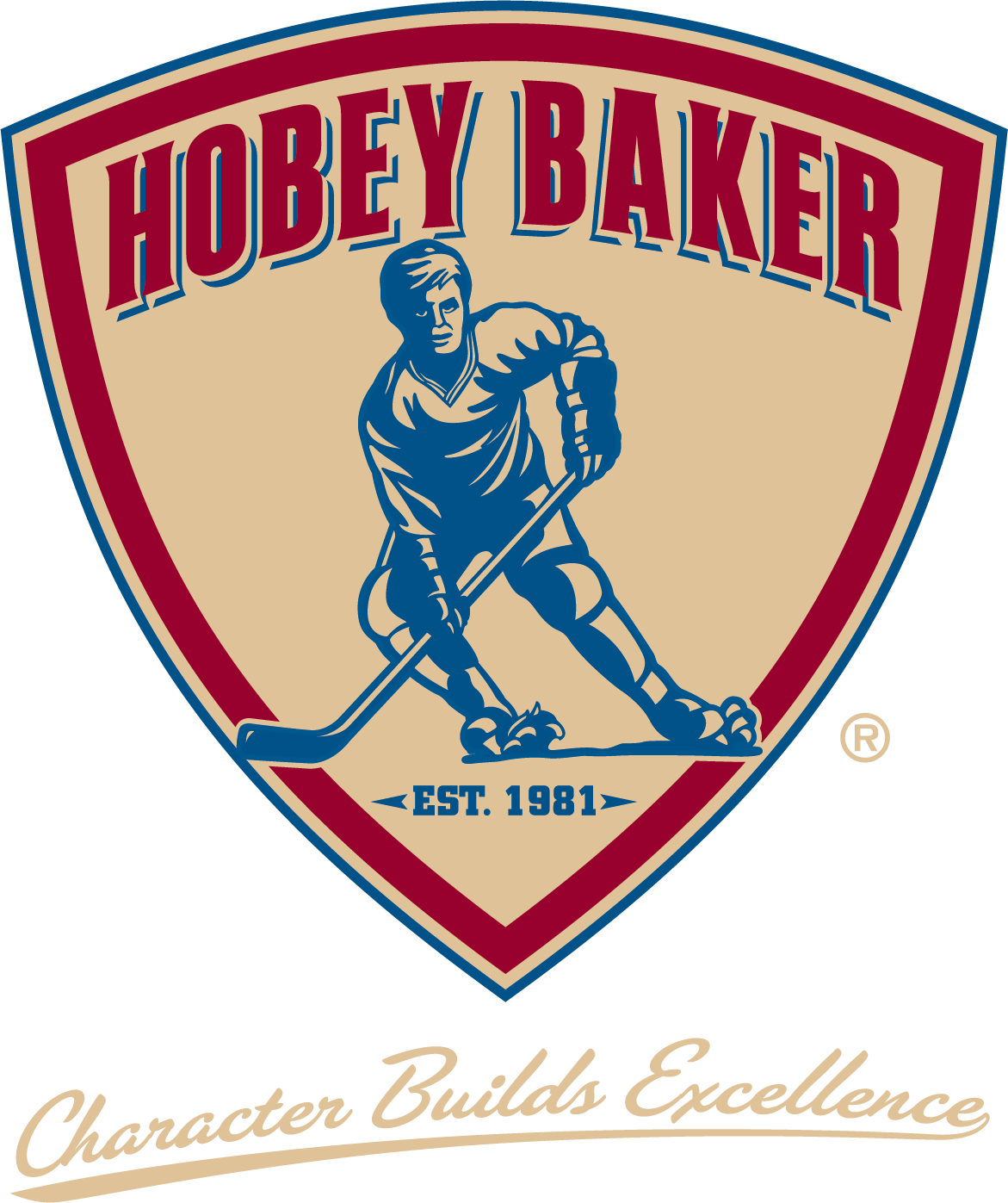Jack Riley
October 29, 2024 |
Jack Riley has earned the reputation of a winner, having over 50 years’ outstanding leadership in hockey in the United States, from on the ice to behind the bench.
As a player Jack received All-Scholastic honors at Medford High School in Massachusetts and he captained the dark School hockey team in New Hampshire before playing hockey, soccer, and baseball at Dartmouth University. During his college playing career, Dartmouth won three Ivy League Hockey Championships and compiled a 44-game winning streak. As a sophomore Riley led the team to a 21-2-0 record, the winningest hockey season ever for the Big Green. After a four year stint as a Navy Air Corps aviator during World World II, Riley returned as Dartmouth’s hockey captain for the 1946-47 season. In his final season and a year before the start of the NCAA Tournament, Dartmouth tied the University of Toronto for the 1947 North American Champion¬ships.
After graduation Riley was selected to play for the 1948 United States Olympic hockey team in St. Moritz, Switzerland.
He served as a player/coach for the 1949 U.S. team which participated in the World Championships in Stockholm, Sweden. This United States squad was the only team to post a victory over eventual champion Czechoslovakia, with Riley’s two goals the only scored by anyone in the game. The team earned an overall record of 42 victories and eight defeats.
At 26 Jack passed up the chance to have a career in coaching to become an insurance salesman, before receiving the fateful call in 1951 from Athletic Director Earl “Red” Blaik of the U.S. Mili¬tary Academy. Riley agreed to coach the Cadets for one year, but after a losing season he couldn’t stand the thought of quitting as a loser. Thirty-six years and 902 games later, he ended his West Point coaching days on March 1, 1986 with a win over Kent State, becoming the second all-time winningest coach in the NCAA. He compiled 541 wins and was twice voted the NCAA Coach of the Year, in 1957, after his team finished with a 14-4 record and again in 1960, when the team posted a 16-5-1 record. His hockey teams participated in the Eastern College Athletic Conference play offs eight times; three times in Division I, from 1962-1964, and five times in Division II, from 1974-1978. Be¬ginning in 1959, Riley also held the position of Assistant Athletic Director responsible for the scheduling of all of Army’s men’s teams (with the exception of football) and at that time he also served as a congressional liaison.
As coach of the 1960 Gold Medal U.S. Olympic hockey team, Jack led unheralded players to seven straight triumphs in Squaw Valley, California. The come-from-behind win over Russia (3-2) was the first Olympic and World Championship success ever recorded by the United States against the Soviet Union. But it was the six-goal third period rally over Czechoslovakia (9-4) that gave the U.S. their first gold medal in hockey.
“No one thought Jack Riley’s team could do it and that it would be easier to build a snowman on the equator. We did it with great coaching and great goaltending by Minnesota’s Jack McCartan,” said Riley.
Riley was enshrined in the U.S. Hockey Hall of Fame October 20th, 1979 and was the 1986 recipient of the NHL’ s Lester Patrick Award for outstanding service to hockey in the United States. He was also chosen honorary coach for the Campbell Conference in the 1986 NHL All-Star game, assisting Edmonton’s Coach Glen Sather.
Honored to be chosen as the “legend” for the Hobey Baker Memorial Award, Jack had this to say about the award: ‘The Hobey Baker is the most prestigious award and has produced much publicity for hockey today. Anyone who wins it should be honored.”
Join our email list
Stay Updated
Find Us On Social:
Hydrated By:


